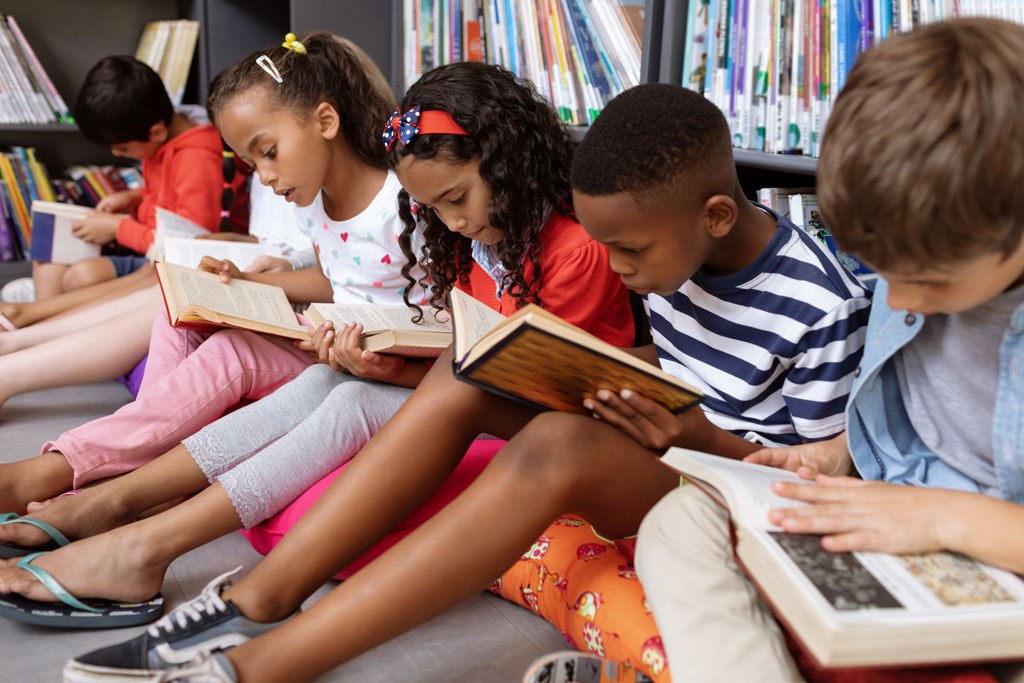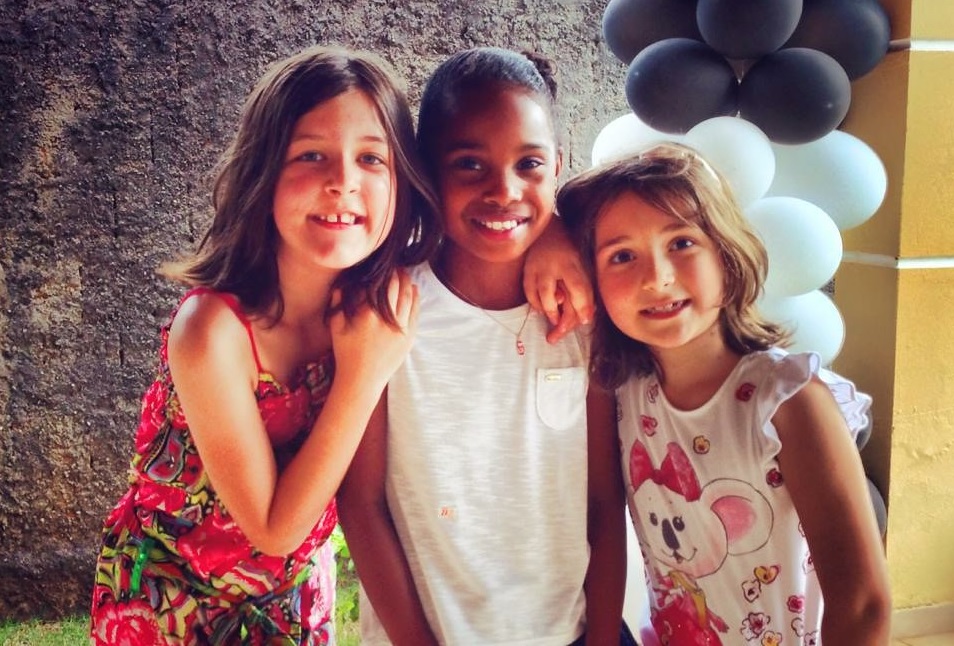
“Joyful books, for readers both young and old.”
Hello and Welcome to my Blog, Jewel Noir!
I am Dr. Kimberly A. Gordon Biddle, an Emeritus Professor from Sac State and an author of textbooks and children’s books (PB & MG). I started out with humble beginnings, being raised in poverty by a single parent mom in a rural village in Illinois. I was educated at the University of Redlands with a Double BA in Psychology and Music, where I graduated Cum Laude. Then I continued my education at Stanford University GSE, where I obtained a PhD in Child and Adolescent Development. After 30 years in the field, 28 years as a Professor, I am retired and focused on helping others with my writing. This bi‐monthly blog is one way that I am helping. I hope it is informative and helpful to those who read it.
Children’s Books Teach Social Skills
Posted August 18th, 2021
Social skills are important for life. Social skills help us at school, at work, and in our personal relationships. Social skills also help us to communicate and understand others who come from different backgrounds and experiences than we have. Sometimes, when we are young, we learn how to act in new, different, or difficult social situations through reading books. How do you make friends in your neighborhood or in a new school? How do you survive middle school? How do you handle crushes and romantic relationships, or handle aggressive friends? How do you relate to parents and siblings at all stages of childhood, or manage and express emotions? These situations are addressed in books and teach children social skills for handling like situations.

What are some specific social skills? Psychological and Sociological scientists study, categorize, and label social skills. Although they do not always agree 100 %, here are some skills that are common in theories and research concerning important social skills:
- Communication
- Cooperation
- Assertion
- Responsibility
- Empathy
- Engagement
- Self-control
This list of skills may be some of the positive characteristics and traits used to describe the main characters in a picture book or novel. Strong communicator, very cooperative, and assertive (not aggressive) are characteristics many main characters have in books. Or maybe they are empathetic, highly engaged, and self‐controlled. The stories in the books may be very different. However, the characters will use these skills to solve problems and obtain their goals. The characters will use these skills and change internally and externally as the story progresses. The children that read the story learn about these social skills and how to use them as they experience the book.

Although no main character is perfect, all main characters have positive characteristics and traits that help them in the story. Children read these books and use the social skills and behave like the main characters. They experiment with these social skills, perhaps for the first time, in real life to see what happens. If the social skills work for real children in real life, the children keep using them to obtain goals. This is part of the magic of creating stories for children. Authors, teachers, parents, and librarians know this implicitly. Now let us use this knowledge more intentionally in stories as we recognize the power of the written words in books.
** Learn more about social skills in an article titled Difficulties in defining social-emotional intelligence, competences, and skills ‐ A theoretical analysis and structural suggestion by Moana Monnier in the International Journal for Research in Vocational Education and Training.
Current Blog
Posted January 16th, 2026
Archives
Posted June 1st, 2025
Posted October 12th, 2024
Posted February 11th, 2022
Posted January 17th, 2022
Posted November 17th, 2021
Posted September 2nd, 2021
Posted June 15th, 2021
Posted March 15th, 2021
Posted January 13th, 2021
Posted October 8th, 2020
Posted September 9th, 2020